Contention has brewed in the electrical community over the question of whether or not ground wires should be connected to switches for many years. While some electricians champion unleashing the protective power of the grounding connection to defend against a nasty electrical shock, others object by stating that it is unneeded and possibly hazardous. This begs the inquiry: should ground wires be connected to switches or not?
In order to comprehend why a ground wire is necessary, we need to grasp precisely what it does. A ground wire is an electrical channel – acting like a roadway for any excess electricity from a circuit – leading it away from the device and safely into the earth. Its purposeful intent is to safeguard people and assets from potential electric shocks. Even more, by doing this, it reinforces our reliance on features that protect us from danger.
It is a well-known belief among electricians that when installing a switch, the ground wire must be connected for safety measures. This is because if the switch is switched to the off position, an interruption in the circuit occurs. Consequently, any electrical currents that could potentially lead to a shocking experience are rerouted directly to the ground wire.
Whilst some electricians disagree, suggesting that an additional ground wire connecting the switch isn’t required as it already has the capacity to effectively break the circuit when needed. They maintain that the purpose of a ground wire is purely to keep people and possessions safe from any electrical current, believing that the switch itself is enough to accomplish this objective.
Depending on the surroundings, the answer to who is right regarding the ground wire may be variable. For example, in a wet area such as the washroom or kitchen, connecting the ground wire to the switch would provide extra insulation from electric shocks. However, if you are in a dry zone, this method may not be necessary.
In deciding whether to attach the ground wire to the switch, it is necessary to take into account the situation, the kind of switch used, and the amount of protection needed. While some electricians maintain that it must be attached for optimal safety, others claim that it is not always essential. The ultimate choice must be tailored to each case and made by the electrician based on their judgement of what is most suitable.
Weighing up the pros and cons, it is not possible to give a definitive answer to whether putting grounding wires on switches is the correct approach. Consequently, it is necessary to be aware of the possible risks and advantages of this practice prior to deciding what’s best.
By providing a channel for electricity to travel back to its point of origin, ground wires– also known as ground conductors– aid in the prevention of shock, fire, and stray voltage caused by short circuits or other faulty electrical currents. Grounding wires are vital in keeping appliances and people safe from potential danger associated with electricity, and in some cases they are legally mandated; their connection to electric switches following code requirements is necessary to maintain safety.
When attaching ground wires to switches, we have two common pathways. The first is connecting the ground wire directly to the switcher. This technique is widely adopted in large-scale sites such as commercial and industrial hubs. The electrically linked box houses the switch, and the ground wire hence links to it. Undeniably, this method offers superior safety and complies with contemporary codes.
To ensure safety in residential settings, it is recommended to affix a ground wire to a distinct ground bar. This can be done when the switch is installed inside a plastic box. In this instance, the wire should first be fitted to the bar, followed by the switch being interconnected with it. Although, this process may not adhere to certain laws in certain locations.
No matter the situation, it’s important to think about a number of different aspects when determining whether to connect ground wires to switches. If it’s a commercial or industrial installation, then it’s essential that the ground wires are linked up to the switch for compliance with regulations. With residential setups, though, probably it is enough to affix the ground wire to its own ground bar.
If the ground wire is not connected to the switch, there is a chance of electric shock in the event of an incident. This is particularly true when it comes to residential settings where the switch is secured in a plastic casing. By connecting the ground wire to the switch, we can assure that the risk of electric shock is minimized.
Finally, the merits of being conscientious enough to attach a ground wire to switches must be thoughtfully weighed. Making this connection not only lends towards preventing electric shocks and shorts, but will markedly ease any impending repair for electrical issues in the future.
All in all, the potential pros and cons of attaching a ground wire to a switch should be weighed prudently before any commitment is made. When it comes to commercial and industrial situations, connecting the ground wire expressly to the switch may be ordained in order to abide by legislated regulations. Whereas for homes, linking the ground wire to a distinct ground bar can be accepted. Nevertheless, no matter the scenario, it is essential to contemplate both the hazards and profits associated with uniting the earth wire to the switch.

Related Product

Twister Tool
Handle Twister tool,plastic handle: Weight: 0.4kg Color: Black, blue,yellow ,red etc Material: Carbon Steel Plastic Handle Wire Tie / Tying Hook Tool Twister Wooden Handle […]
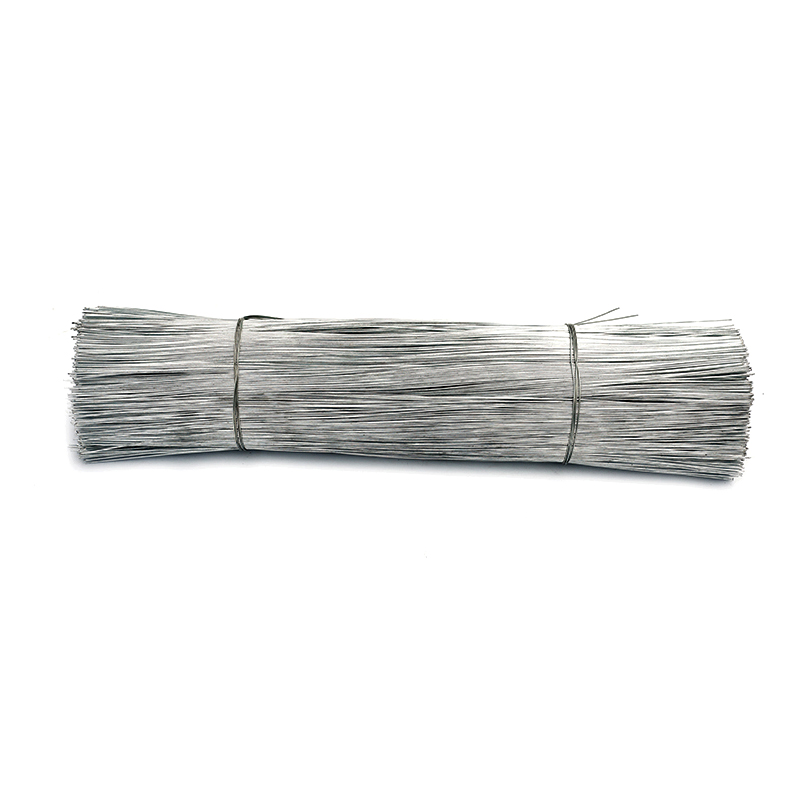
Cutting Wire
Product Description: Product Name Cutting Wire Zinc Coating 30-70g Place of Origin Chinese mainland Tensile Strength 33-50kg/mm2 Material Electro galvanizedHot dipped galvan […]

Black Annealed Wire
Product Description: Product name Black Annealed Wire MOQ: No Material Q195,Q235 Delivery time: 20days after payment Surface annealed or as your request Payment terms: T/T,L/C We […]
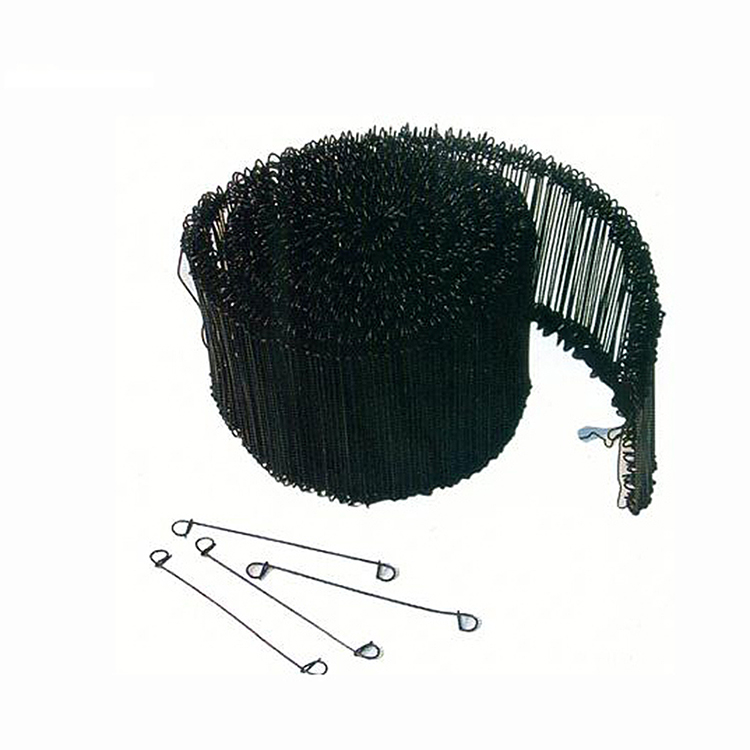
Double Loop Tie Wire
Double loop tie wire material Product Information: Wire diam. 0.5mm—2.0mm Finishes Black Annealed. Galvanized Annealed, Coppered, PVC coated, Stainless steel Wire gauge BWG6 […]
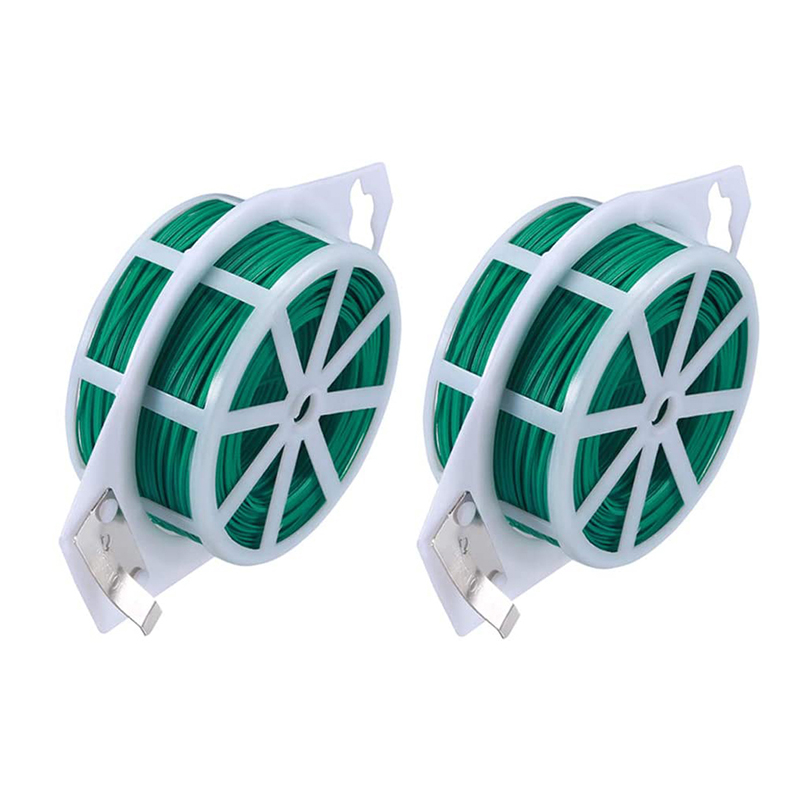
Garden Wire
Product information: The garden shingling is made of pvc plastic and high-quality galvanized iron wire, which is 3 to 4 times faster than any material, and the buckle is loose, the […]
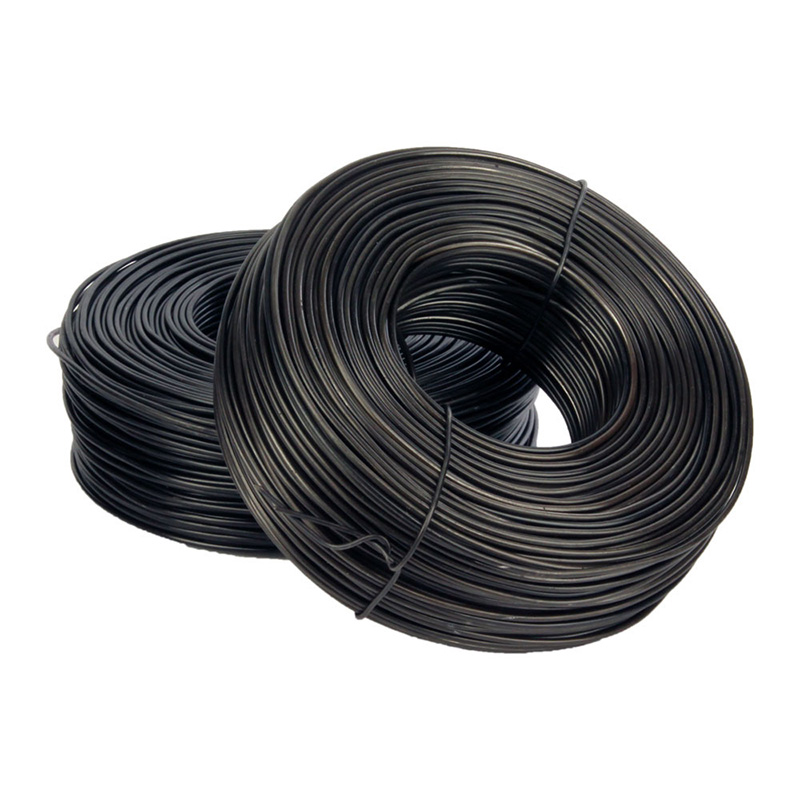
Tie Wire
Production Process of rebar tie wire : Steel rod coil — Wire Drawing — Wire Annealing–Rust Removing–Acid Washing– Boiling– Drying– Zinc Feeding– Wire Coiling. Wires Type 1.Galvaniz […]
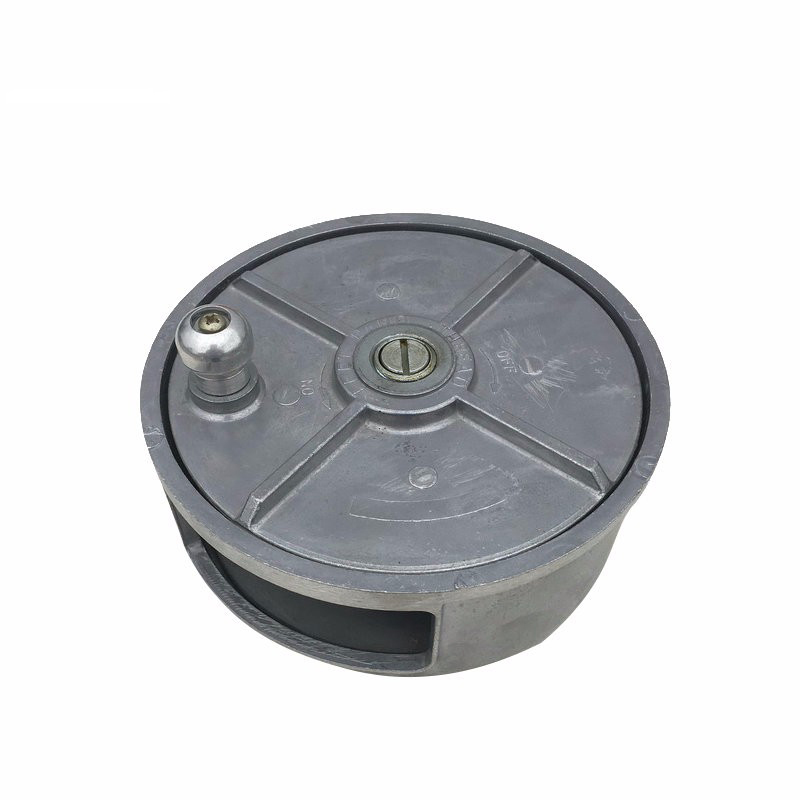
Reel Wire Tool
Product information: Specification of Aluminum Tie Wire Reel Material Plastic & Aluminum Weight 1.95LBS Application Binding Wire MOQ 1000pcs Sample Free Package 5PCS/CARTON &nb […]
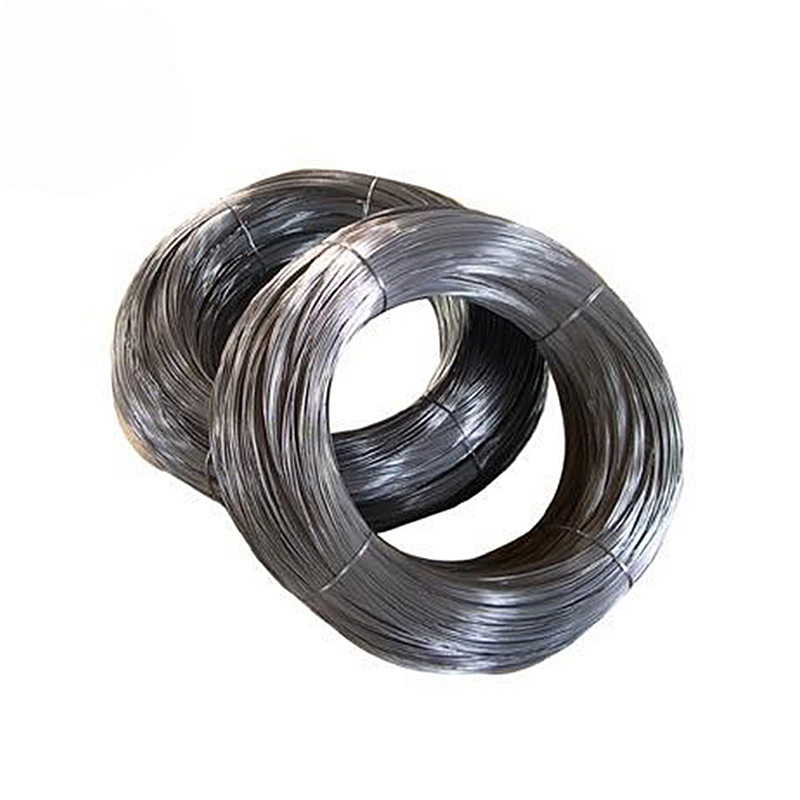
Galvanized Wire
Product information: Product Name Galvanized Wire Package 5kgs/roll, pp film inside and hassian cloth outside or pp woven bag outside 25kgs/roll, pp film inside and hassian […]
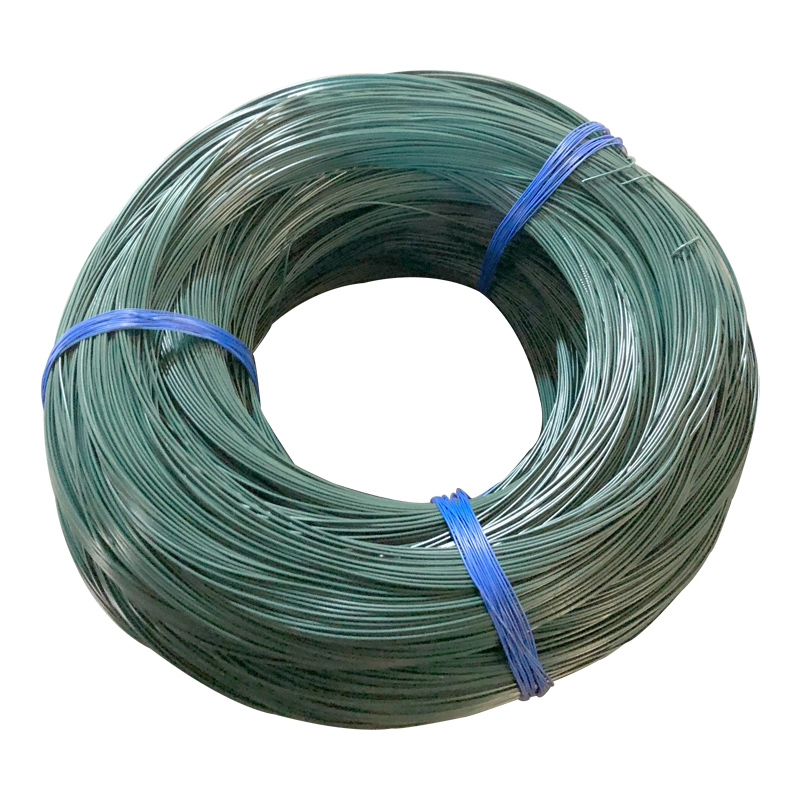
PVC Coated Wire
PVC coated wire, also called plastic coated wire, after high temperature dissolution cooled solid PVC particles uniformly wrapped in high-quality black iron wire and galvanized wi […]
Post time: 2023-07-14
